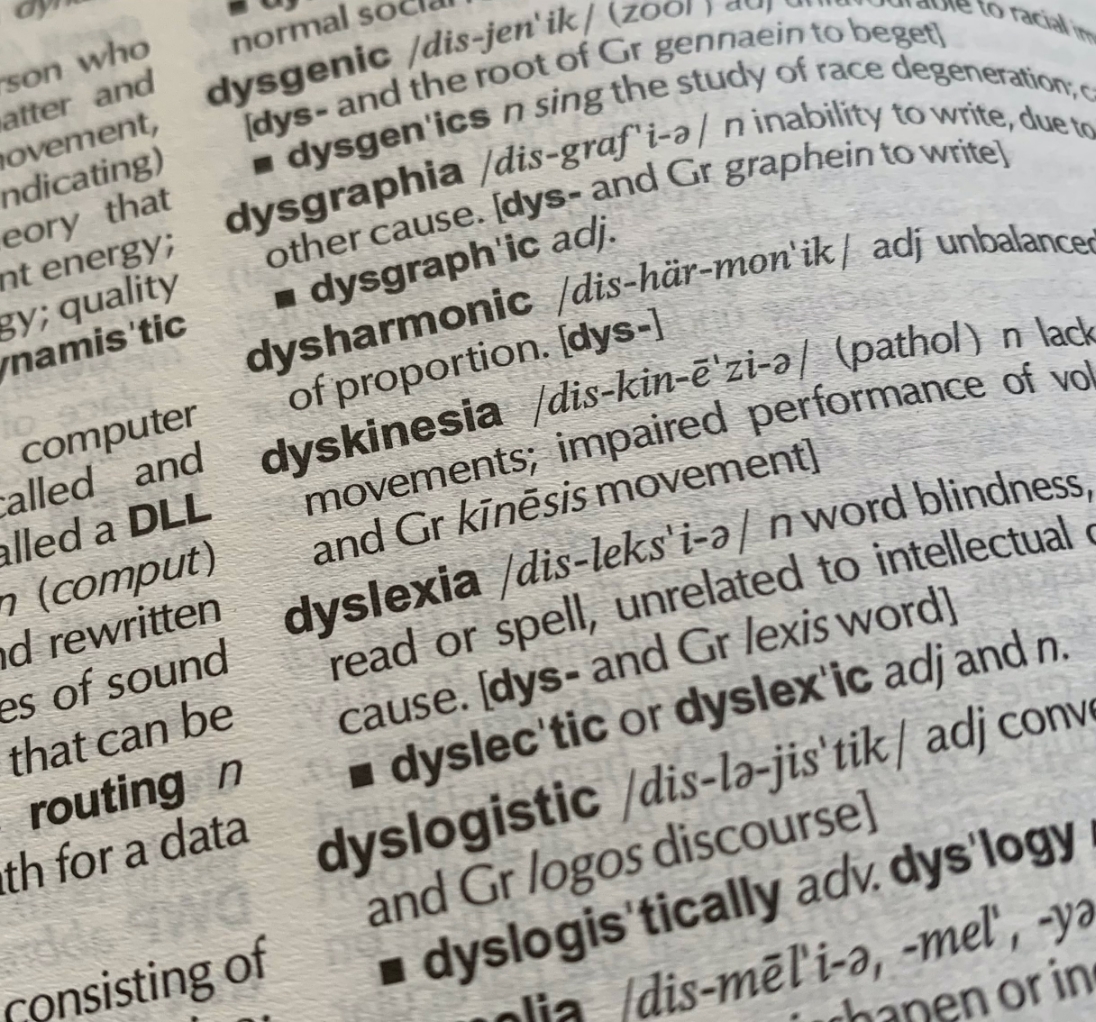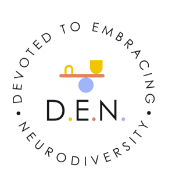D.E.N would like to thank you for reading our first blog. We aim to blog around once per month or whenever we have something to say.
As this is our first blog we have decided to look at some terms used when discussing neurodiversity and how they can be used in a sentence. One of the hardest things about engaging in a conversation about neurodiversity is worrying about offending others by using incorrect language.
The world of neurodiversity is a dynamic world that is constantly evolving and changing. We are always finding better ways to say things and we must be open to the changes made. As I am writing this I am thinking by the time I get to publish the blog, some of it may be out of date already. Am I worried, no not really. It is good to know the new and the old terminology to help us engage with others. Throughout our blogs, classes, and webinars, we will avoid using the word disorder unless it is part of the medical terminology used to name a difference in a person. We feel using the word difference is a less harmful word and less offensive. The list is not exhaustive but we hope you find it useful.
Neurodiversity
Is the concept that we are all different not broken. We look different, we sound different and we act different. Neurodiversity takes this concept further and recognises that we are neurologically different too. In the same way you should not be penalised in life for your hair colour, you should not be disadvantaged because of the way your brain works.
“The neurodiversity movement aims to educate and promote acceptance, awareness, and inclusion of individuals with neurological differences”.
Neurotypical
This is what would be referred to as the “norm” – a person whose patterns of thought and speed of processing said thoughts are considered as typical.
”As a neurotypical employee, I must be trained, understand, respect, and support my colleagues who are neurodiverse”.
Neurodivergent
This is the word used to describe those in society whose patterns of thought and neurological development are not considered to be typical or within the “norm”.
“Our company has lots of neurodivergent employees and they bring great value and strengths to the team”.
Autism Spectrum Disorder (ASD)
A difference that is characterised by those that find social interaction and communication challenging. ASD can also lead to repetitive behaviours and interests.
“Those individuals with ASD may benefit from tailored support by the company to help them excel in social situations”.
Attention Deficit Hyperactivity Disorder (ADHD)
A term used a lot by those who do not know its true meaning. A person with ADHD may have difficulties with paying attention, they may be hyperactive and impulsive.
Those with ADHD may struggle to focus on their tasks but if our company trains their team leaders, to have appropriate strategies and make reasonable adjustments it can help those with ADHD excel in their chosen careers”.
Dyslexia
Dyslexia is a learning difference. Those with dyslexia may have difficulties reading, spelling, and processing language/instructions. This may be the case even when somebody has average or above average intelligence.
“With the correct support, our company can help those with dyslexia overcome their challenges and progress in their chosen fields”.
Dyspraxia
A coordinational difference that affects motor coordination, movement planning, and spacial awareness.
“Our driver trainers have had neurodiversity training and since then they have made reasonable adjustments to their courses. This has made the courses more inclusive for those with dyspraxia”.
Please remember, these terms can and probably will change over time. We must keep up to date and stay with the times. Language and the use of correct language are important in helping people feel included and safe in their environment.
We hope you liked our first blog, please subscribe to be notified of our future blogs. We will be adding more blogs with useful language like this in the future.
If you are an individual or a company and wish to receive neurodiversity awareness training, please email on
We look forward to helping you help others by creating an inclusive workplace.


